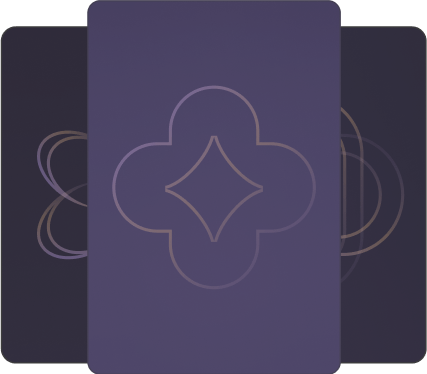What is
Wild: From Lost to Found on the Pacific Crest Trail about?
Wild chronicles Cheryl Strayed’s 1,100-mile solo hike on the Pacific Crest Trail (PCT) after her mother’s death, divorce, and heroin addiction shattered her life. At 26, she embarked on the grueling journey with no hiking experience, seeking redemption and self-discovery. The memoir intertwines her physical struggles on the trail with flashbacks to her grief and self-destructive choices, culminating in a story of resilience and healing.
Who should read
Wild: From Lost to Found on the Pacific Crest Trail?
This book resonates with readers navigating grief, addiction, or major life transitions. It appeals to outdoor enthusiasts, memoir lovers, and anyone seeking inspiration to overcome personal challenges. Strayed’s raw honesty about failure and growth makes it particularly valuable for those interested in themes of self-reinvention and emotional resilience.
Is
Wild: From Lost to Found on the Pacific Crest Trail worth reading?
Yes—Wild became a bestseller and Oscar-nominated film for its unflinching portrayal of human vulnerability and strength. Strayed’s vivid storytelling balances harrowing moments (like ill-fitting boots and near dehydration) with humor and profound insights about loss. Critics praise its authenticity, though some note it prioritizes personal narrative over nature writing.
How does
Wild explore grief and healing?
Strayed frames her PCT hike as a physical manifestation of coping with her mother’s death. The trail’s isolation forces her to confront regrets, her fractured family, and self-sabotage. Through exhaustion and solitude, she gradually releases shame, symbolized by shedding weight from her oversized backpack (“Monster”). The journey mirrors her emotional progression from despair to acceptance.
What are the main criticisms of
Wild?
Some argue Wild overlooks the Pacific Crest Trail’s natural grandeur in favor of Strayed’s inner turmoil. Nature writers critique its anthropocentric focus, contrasting it with works by John Muir or Annie Dillard. Others question her unpreparedness (e.g., packing errors, risky decisions), though many readers find this relatable.
How does
Wild compare to its movie adaptation?
The 2014 film starring Reese Witherspoon condenses Strayed’s 94-day hike but retains core themes: grief, addiction, and self-forgiveness. Key differences include reduced focus on her heroin use and abortion. Both versions highlight her physical suffering (e.g., losing toenails) and moments of trail camaraderie.
Why did Cheryl Strayed hike the Pacific Crest Trail alone?
Strayed saw the trek as a radical act of self-reliance after years of destructive behavior. With no prior hiking experience, she aimed to prove she could endure pain and solitude. The PCT symbolized a clean break from her past, though she later acknowledges the journey’s communal aspects through fellow hikers.
What does Cheryl Strayed’s backpack symbolize in
Wild?
Nicknamed “Monster,” the oversized backpack represents Strayed’s emotional baggage—guilt over her mother’s death, divorce, and addiction. As she discards unnecessary items mid-hike, it mirrors her gradual release of shame. By the trail’s end, the lighter pack signifies her hard-won self-acceptance.
How does
Wild portray female empowerment?
Strayed defies 1990s stereotypes of female vulnerability by tackling the PCT solo, confronting predatory men, and embracing her body’s strength. Her journey inspired a wave of women to pursue long-distance hiking. The memoir reframes “recklessness” as courage, showing how risk-taking can catalyze growth.
What lessons can readers apply from
Wild?
- Embrace imperfection: Strayed’s mistakes (e.g., inadequate boots) highlight growth through failure.
- Lean into discomfort: Pain on the trail mirrors emotional healing.
- Seek connection: Fellow hikers and trail angels model communal resilience.
- Reframe loss: Grief becomes a catalyst for renewal, not an endpoint.
How does
Wild relate to modern mindfulness practices?
Strayed’s repetitive hiking mantras (“I am not afraid”) mirror mindfulness techniques to manage anxiety. Her immersion in nature’s rhythms—forced by the trail’s demands—echoes therapeutic practices like forest bathing. The memoir underscores how physical exertion can quiet mental chaos.
What quotes from
Wild resonate most with readers?
- “I’m a free-spirited wanderer with a home inside my head.”
- “There was no question that I’d spend the rest of my life trying to summon her.” (about her mother)
- “Fear begets fear… Power begets power.”
These lines capture Strayed’s raw honesty about love, loss, and self-reliance.
How does
Wild inspire outdoor adventures?
Despite Strayed’s struggles, her memoir sparked a 300% increase in PCT applications post-publication. Readers relate to her mix of awe and suffering, which demystifies long-distance hiking. The book emphasizes that preparation matters, but grit and adaptability matter more.









